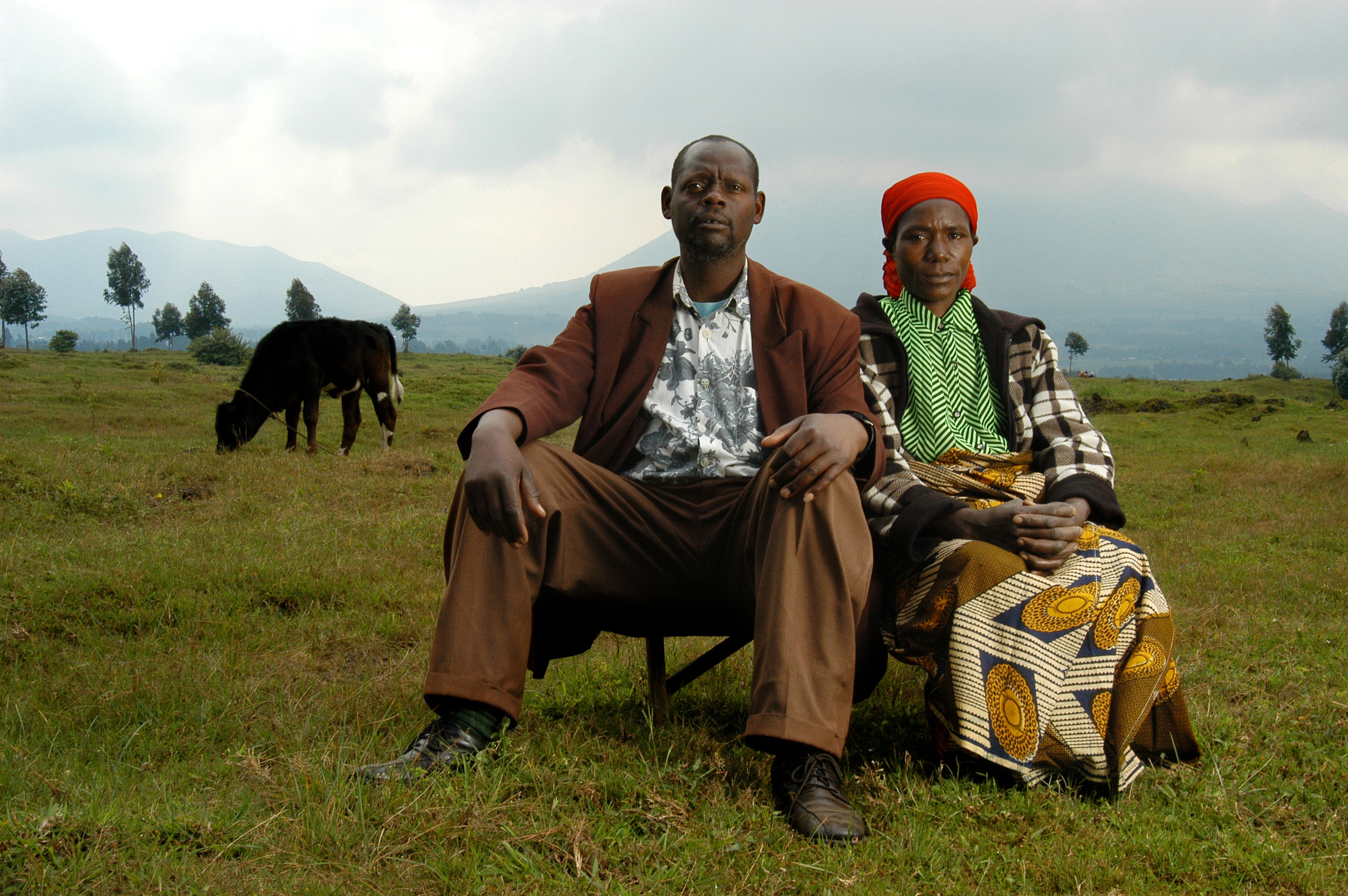Photo Credit: Riccardo Gangale
"Before the genocide, life in the neighborhood was good. Our relationship with the Tutsis was good, too, because we shared everything. We offered cows to one another and even intermarried. Then things changed, and people started persecuting the other ethnic group. But, it was due to the government teaching them to hate. I wasn’t involved in the ethnic hatred, because I was a Christian and I used to mingle with both sides. Plus, I considered all human beings as God’s creations and loved them the same way.
The persecution against the Tutsi became more intense than ever. I asked several of them to come stay with me at my home. These people had been beaten and had injuries, and we would take care of their wounds until they got well. These are the people I sheltered in my house. No one ever came to hurt them anymore. But, because my house was too small, we decided to build them a house.
Many times the local authorities forced me to appear before the bourgmaster, and every time it happened, my family would lose all hope of seeing me again. But at the end of the day, I would return. My neighbors rushed to advise me to evict the refugees from my home as soon as possible, but I told them, “I know that the only relationship between them and me is that we pray in the same congregation, but I cannot chase God’s people from my house.”


